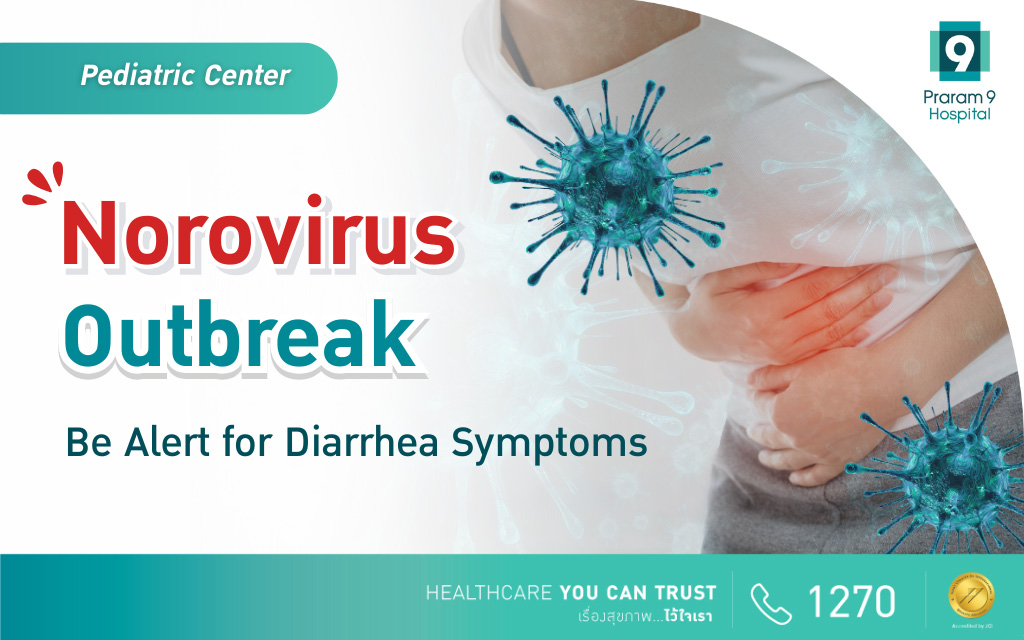The prostate gland is an organ located between the bladder and sigmoid colon, which produces the plasma and sperm. Therefore, it is greatly important in the male reproductive system.
In the initial stage of prostate cancer, the symptoms do not often show. However, when the cancer grows and presses on the urethra, it will disturb the lower urinary tract system. For example: Frequent urination, especially at night, painful urination, urinary retention, and weak urine stream or intermittent urine. If leaving for a long time, the patient will have difficulty urinating and will urinate more frequently, until blood found in urine.
Currently, doctors have found that the rate of prostate cancer is increasing. The risk factors that can cause the disease are:
- Age: When getting older, the chance of having prostate cancer will be high. Mostly, it occurs in males 50 years old and above.
- Heredity: Those whose father or sibling with prostate cancer will have greater risk than normal people.
- Race: Found more in western males in both Europe and America, but less in Asians.
- Diet: Eating foods with high fat, high energy, and red meat all the time, which can prostate cancer.
More information: Cancer Center






